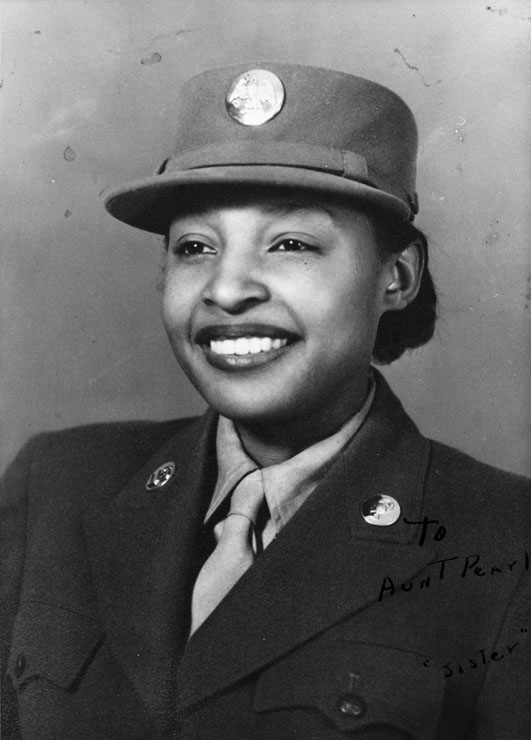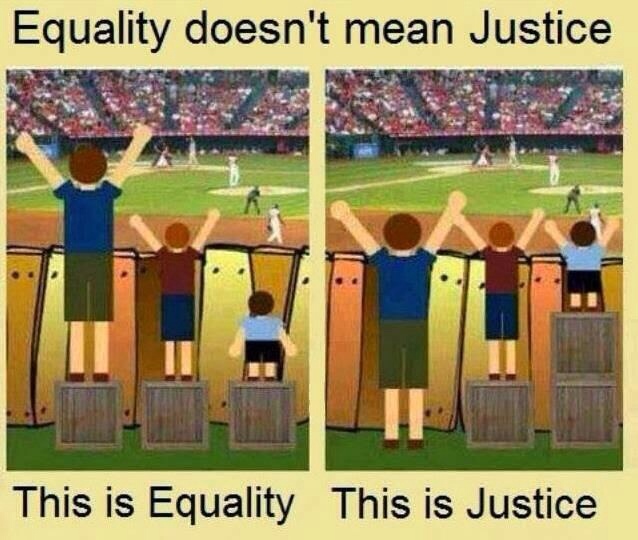We have been vewwwy, vewwy quiet in this house lately, because it’s Paper Grading Time for the first paper of the summer semester, and Tech Boy, in his disguise as Dr. Tech Boy, is experiencing his first bout of grading for a class he’s teaching. There’s a lot of muttering. It is Not Good. So, we sidle down to our office in the basement and stay there, while he mutters and writes acerbic margin copy and pretty much makes me glad I’m not his TA…

Have you had a chance to hear what went on at BookExpo America (BEA) this year? This morning I listened to a podcast of the diversity panel at BEA made up of Ellen Oh (PROPHECY Series), Aisha Saeed (Written in the Stars, 2015), Marieke Nijkamp, founder of DiversifYA, Lamar Giles (Fake ID) and Mike Jung (Geeks, Girls, and Secret Identities). Special Guests included acclaimed Authors Grace Lin (Where the Mountain Meets the Moon), Matt de la Peña (The Living) and Jacqueline Woodson (Beneath a Meth Moon).
The panel was moderated by I.W. Gregorio (None of the Above, 2015). Each of the authors got a chance to talk about the first diverse book they’d read that had changed how they thought of books (IF IT HADN’T BEEN FOR YOON JUN, by Marie G. Lee, published in 1995 was mine), and they reiterated, for those who didn’t notice, that Lee & Low/TU Books has re-announced their NEW VISIONS AWARD:
“The NEW VISIONS AWARD will be given for a middle grade or young adult fantasy, science fiction, or mystery novel by a writer of color. The Award winner receives a cash grant of $1000 and our standard publication contract, including our basic advance and royalties for a first time author. An Honor Award winner will receive a cash grant of $500.”
WOOT!
This panel was full of great, brilliant people with plenty to say, and really good questions… but it was way, way, way too short. This was my objection to it at the start – BookExpo, America, peopled an entire thousands-of-people NYC conference with only Caucasian presenters, in an effort to represent “America,” and then had a single, hour-long panel on diversity. Granted, it was vital and necessary conversation, but a single, hour-long panel in a tiny corner of BEA – filled to standing room only, with people turned away at the door for fire safety reasons – was simply not enough time to really get into the topic of children’s literature, diversity, or anything. One thing that was said which stood out to me, however, was that there’d be a Diverse Books Festival sometime in 2016, in Washington D.C. Yay, right? It is to be “the first of its kind.”
*needle scratches on record*

Wait, what?
Anybody else remember the University of San Francisco’s Department of Education putting on Reading The World?
What you may not know is that USF chose to get involved in this after a similar Cal State Hayward (CSUH) conference had ended after a nine year run. Beverley Hock, who had started the one day conference as a graduate student, finished it as a doctoral candidate, and her time in the area had ended. Disappointed that there was no other venue to talk about diverse children’s books, from 1998-2009, under the skilled direction of Dr. Alma Flor Ada and her education graduate students, USF started READING THE WORLD.
This two-day event brought education students, librarians, authors, teachers, and the community together to interact with an impressive list of authors including Ashley Bryan, Nikki Giovanni, Yuyi Morales, Peter Sis, Rosemary Wells, Lady Jane Yolen, Arnold Adoff, Virginia Hamilton, Joseph Bruchac, Naomi Shihab Nye, Rita Williams Garcia, Jack Zipes — the list of luminaries goes on and on. READING THE WORLD was utterly fantastic — it was a thrill to attend, and to rub shoulders with all of these amazing authors who were Out There, Doing This Amazing Thing. Especially as there are only one or two children’s literature conferences west of the Mississippi, these gatherings were a little taste of heaven for those who were apprehensive about “multicultural books” as diverse books were called at that time, and how they would work in their classrooms and libraries, how they would sell and be accepted by the community, and what they needed to be. There were presentations on all kinds of things, including cultural identity, folklore, gender identity, social justice, storytelling, and more. It was brilliant, and even without social media, people knew about it and attended and came away with SO MUCH. I wish they could have gone on hosting it forever.
I just want to give props to Dr. Alma Flor Ada, all of those graduate students over the years, and all of the people who threw their backs into this. Before Twitter hashtags made information sharing quick and easy. Before Facebook — in the days of MySpace. Before iPhones. Before social media was a “thing.” THANK YOU, READING THE WORLD. You were amazing.
Time moves on, funding gets cut, faculty and students move on. Dr. Alma Flor is a professor emeritus now; the torch has been passed. Though hardly the first to dip a toe in serious celebrations of diversity, #WeNeedDiverseBooks is nevertheless taking the challenge East of the Mississippi. But, things are awfully quiet around these parts. Maybe the West Coast doesn’t think we need to really talk about diversity – because we’re pretty diverse out here, and more comfortable with it? Not gonna lie: there’s a need still, and I’m disappointed that my graduate school hasn’t taken my – a JCity, Aquafortis and a few others’ good advice – and get a program going at Mills College. But, there’s still time. And, there’s considerable excitement surrounding the KidlitCon’s plan to have diversity be our central theme this October. I think we’ve got plenty to talk about, and a little more time in which to do so. Hope to see you there.



